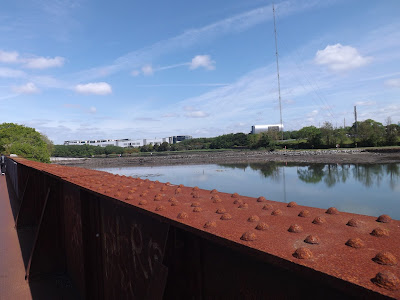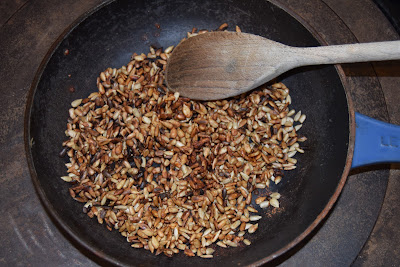23/ China
In 1977, I joined
a fact-finding tour of the People’s Republic of China with a London-based
organisation, SACU (Society for Anglo-Chinese Understanding). We looked at hospitals, housing and
farming projects, as well as tourist sites. Foreign tourists
in China were rare. Wherever our
little group moved we were a curiosity. Often people would pause in the street some
to stare, most to clap politely as we walked by. I’m uncertain as to how far this could have been orchestrated
by our skillful, ever-present guides.
Seemed too spontaneous.
The Gang of Four,
Jiang Qing, Chairman Mao Zedong’s last wife and her three associates, high
ranking party officials from Shanghai, had been arrested in October 1976. They were charged with treasonous
crimes and blamed for fomenting the zealous, inhumane excesses of the Cultural Revolution
that Chairman Mao had unleashed in1966.
Their undoing, just a month after Mao’s death, caused major celebrations
on the streets of Beijing and marked the ending of a brutal, turbulent decade
throughout China.
At the National
Congress of the Communist Party of China the question of who will next be in political control is settled. The Party Congress
takes place in the Great Hall of the People situated on the western edge of the
vast Tiananmen Square in the centre of Beijing. With my SACU
companions, I looked on from my hotel windows as the far side of this immense square
filled slowly, from early morning each day, with a watching crowd facing the
Great Hall building. There was a yearning for a smooth succession in political
leadership and the selection of a new Central Committee.
People at that
time were uniformly, demurely dressed, male and female, in black trousers and
white top. I have a memory of thousands
of people all standing forming a still row of black and above it a row of white. From this distance, silent, just stoically
waiting.
But the announcement of a new order,
and therefore of hopes for a relatively peaceful transition in political power,
didn’t come while we were in Beijing. We had moved south to the town of Xiang
in Hunan province.
In Xiang our accidental presence on this monumental occasion was joyfully welcomed. Applause. Fire
crackers. Wild cheering. Horns blaring. Over-crowded coach loads with flags and banners waving
and weaving into the night through dark streets thronged with people. It was overwhelming, exciting,
intensely exhilarating.
I sampled in that event the heady
intoxication of a narcissistic self-importance; the puffed up unreality that
must be the public experience of an instantly recognisable, international rock
star, or Head of State. Seductive
illusion. Difficult not to become unhinged
from the ordinary, humdrum banality where only mortals live. Such is the stuff that dreams are made
of…
Useful Resources:
Useful Resources:


